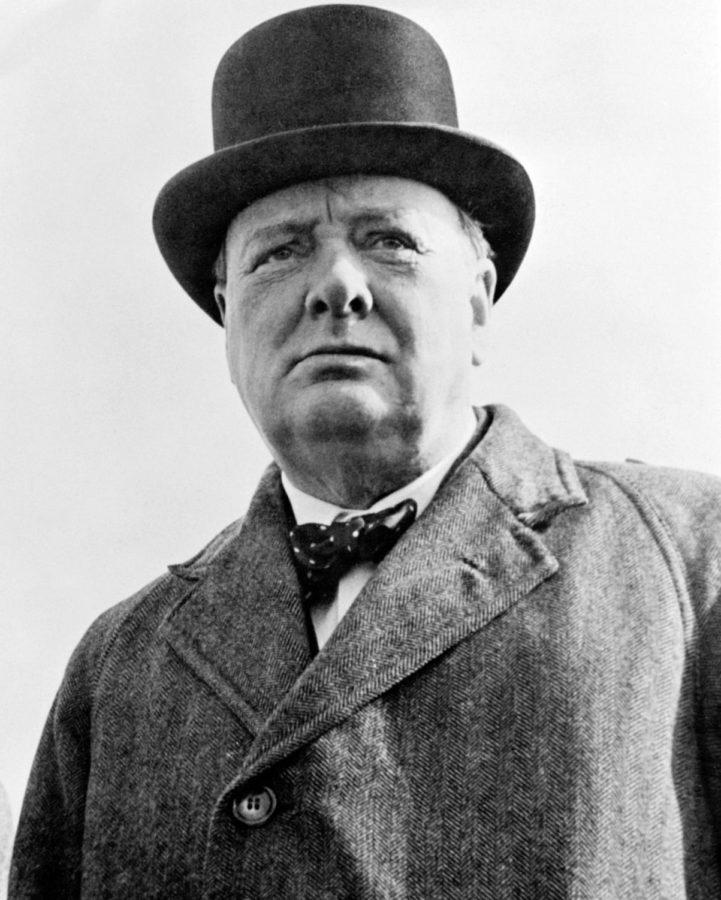Director of Churchill Museum details life of leader
Sir Winston Churchill
Why does Fulton, Mo., have a Churchill museum? That was the question Dr. Jim Williams from Fulton’s Westminster College sought to answer at Corley Auditorium Friday, Sept. 16. As the former director of the National Churchill Museum, and speaking on the subject of his senior thesis, he knew more than a little about the subject.
Williams outlined three unlikely events that guided the museum into being. The first was that Churchill gave one of his most famous speeches from Fulton. This is the speech in he coined the term “iron curtain” and outlined the “special relationship” between Great Britain and America. This was orchestrated by the college president Frank L. McClure, who knew President Harry Truman from high school. McClure contacted the president through Truman’s military aid program. Truman contacted Winston Churchill, and Churchill was open to the idea since he had just lost an election and had a clear schedule, Williams said.
The second major improbability was securing Saint Mary’s Church to be the home of the museum 20 years after the fact. The college decided to commemorate the speech, given its significance, and collected funding. They located a broken church left over from the London Blitz, also more than 20 years earlier, and polled for support. John F. Kennedy, Lyndon Johnson, Dwight Eisenhower and Truman all signed the petition and assisted in the effort to transport an entire building across the Atlantic. The project cost a $1.5 million in the 1960s.
The final major event was that Churchill’s granddaughter Edwina Sandys visited the museum and decided to make a contribution. She was a sculptor who had decided to acquire a chunk of the Berlin wall for an art piece. Sandys brought 32 feet of Berlin to Fulton. Ronald Reagan, the man who organized the teardown of the wall, dedicated the piece when it was finished. Mikhail Gorbachev, his opposition, would later visit the site as well.
Williams’ presentation was one of three speeches he presented Thursday as part of Southern’s British Themed Semester programming. He also spoke about Churchill’s relevance to modern students and about the Midwestern connection to the London Blitz of 1940.
Your donation will support the student journalists of Missouri Southern State University. Your contribution will allow us to purchase equipment and cover our annual website hosting costs.
















